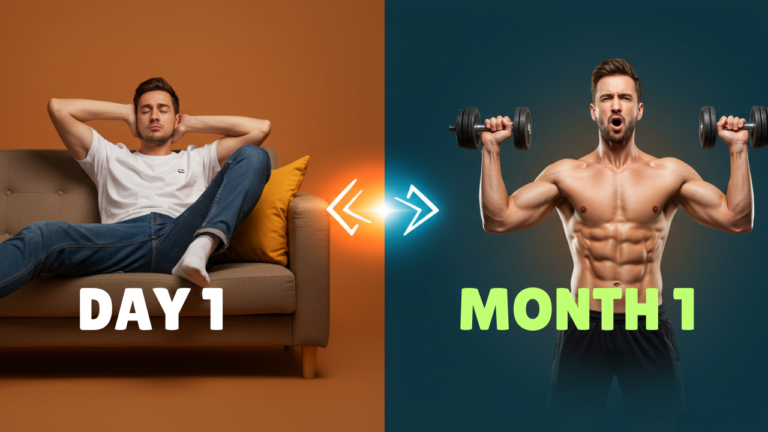Bone Density Tests: Everything You Need to Know
In a world where we’re constantly bombarded with health advice, it’s easy to overlook the silent strength beneath our skin – our bones. Bone health is crucial for overall well-being, and one of the best ways to assess it is through a bone density test. But what exactly is this test, and why should you care? Let’s dive into the world of bone density and uncover everything you need to know.
Understanding Bone Density
Bone density, or bone mineral density (BMD), refers to the amount of mineral content in your bones. Think of it as the strength and solidity of your skeletal framework. As we age, our bones naturally lose some of their density, which can lead to conditions like osteoporosis and an increased risk of fractures.
Your bone density isn’t static; it changes throughout your life. Generally, we reach peak bone mass around age 30. After that, it’s a balancing act between bone formation and breakdown. Factors like genetics, diet, physical activity, and hormonal changes all play a role in this delicate balance.
The Bone Density Test: What to Expect
The most common and reliable method for measuring bone density is the DXA (Dual-energy X-ray Absorptiometry) scan, also known as DEXA. This test uses low-dose X-rays to measure the mineral content in your bones, typically focusing on the hip and spine.
During the test, you’ll lie on a padded table while a scanner passes over your body. It’s quick, painless, and non-invasive – the whole process usually takes less than 15 minutes. You don’t need to do much to prepare, but it’s a good idea to avoid calcium supplements for 24 hours before the test.

Who Should Get Tested?
While bone health is important for everyone, certain groups are at higher risk for low bone density:
- Women over 65 and men over 70
- Postmenopausal women under 65 with risk factors
- People with a history of fractures
- Those taking medications that can affect bone density
- Individuals with certain medical conditions (e.g., rheumatoid arthritis, chronic kidney disease)
If you fall into any of these categories, it’s worth discussing a bone density test with your healthcare provider.
Decoding Your Test Results
After your test, you’ll receive two key numbers: your T-score and Z-score.
The T-score compares your bone density to that of a healthy young adult of your sex. Here’s how to interpret it:
- T-score of -1.0 or above: Normal bone density
- T-score between -1.0 and -2.5: Low bone density (osteopenia)
- T-score of -2.5 or below: Osteoporosis
The Z-score, on the other hand, compares your bone density to others of your age, sex, and size. This score is particularly useful for younger individuals or those with unique risk factors.
How Often Should You Get Tested?
The frequency of bone density tests depends on your initial results and individual risk factors:
- If your first test shows normal bone density, you might not need another for 10-15 years.
- Those with mild osteopenia may wait about 15 years for a repeat test.
- People with moderate to advanced osteopenia might need testing every 1-5 years.
- High-risk individuals or those on osteoporosis medications may require testing every 1-2 years.
Always consult with your healthcare provider for personalized recommendations.

Boosting Your Bone Health
Whether your test results are cause for concern or not, there are steps you can take to maintain or improve your bone health:
- Diet: Ensure you’re getting enough calcium and vitamin D. Dairy products, leafy greens, and fortified foods are great sources.
- Exercise: Weight-bearing exercises like walking, jogging, or dancing, and resistance training can help strengthen bones.
- Lifestyle choices: Limit alcohol consumption and quit smoking, as both can negatively impact bone health.
- Fall prevention: Reduce your risk of fractures by making your home safer and improving your balance.
- Medications: In some cases, your doctor may recommend medications to slow bone loss or increase bone formation.
Taking Action for Your Bone Health
Knowledge is power when it comes to your health. If you’re concerned about your bone density or fall into a high-risk category, don’t hesitate to discuss a bone density test with your healthcare provider. Early detection and intervention can make a significant difference in preventing fractures and maintaining your quality of life.
Remember, your bones support you every day – it’s time to return the favor. By understanding bone density, getting tested when appropriate, and taking steps to maintain strong bones, you’re investing in a healthier, more active future.
Whether you’re in your 30s and want to maximize your peak bone mass, or you’re older and focused on preserving what you have, it’s never too early or too late to prioritize your bone health. So, stand tall, stay informed, and give your bones the attention they deserve. After all, they’ve got your back – literally!






